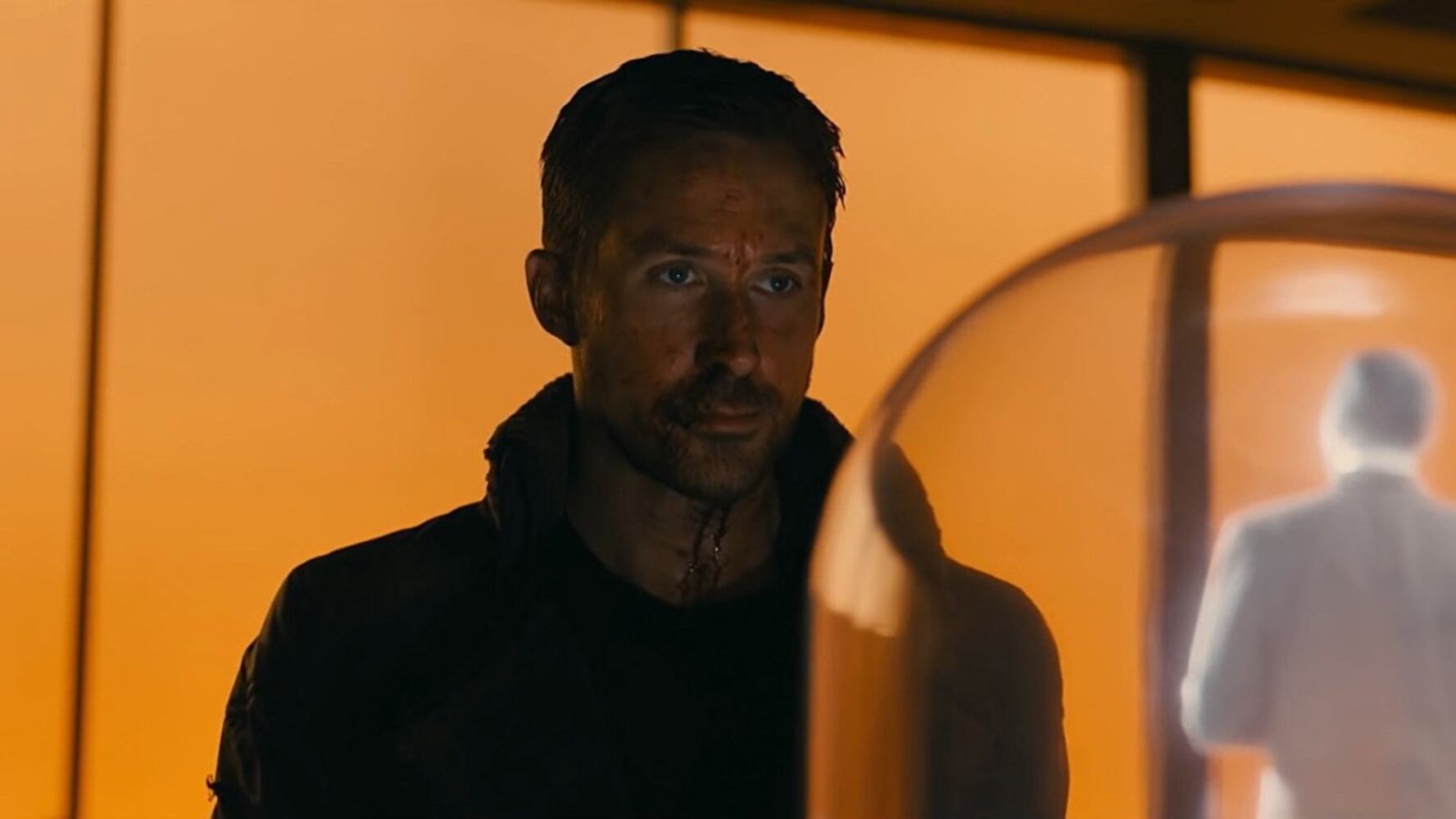Thirty years from where the original Blade Runner left off, Los Angeles is still an opulently grimey sprawl cloaked in endless rain. In director Denis Villeneuve's sequel to Ridley Scott's sci-fi noir masterpiece, the Tyrell Corporation has been replaced by the Wallace Corporation, which has figured out how to manufacture subservient replicants that don't stage bloody mutinies. The older models of synthetic humans are illegal, and it's still the job of blade runners like K (Ryan Gosling) to hunt them down.
But the flimsy social order of humans over replicants becomes threatened by something K discovers at a protein farm. What he finds there leads him on an odyssey through gorgeous wide shots of deserted metropolises coated in sun-baked dust, a shootout strobe lit by a malfunctioning Elvis hologram and eventually to Harrison Ford's gruff Rick Deckard.
With an overwhelming dissonant, bassy score by Hans Zimmer, 2049 looks and sounds spectacular. But 2049 wants to be more than just visually stunning. It's full of dramatic one-liners and existential musings, and dotted with literary references. As a testament to the influence of the original, there isn't much 2049 has to add about how technology blurs our sense of self and soul.
It has its own moments of beautifully rendered longing, though. Gosling's lone-wolf stoicism is more kicked puppy than hardened self-reliance, and we meet Ana (Carla Juri), who manufactures memories for replicants in the small, sterile room she's been confined to since the age of eight.
But 2049 is less concerned with tiny moments of emotion than big reveals from a twisty plot that seems to define 2049's imaginative boundaries rather than expand them. Still, it's one hell of a spectacle.
CRITIC'S RATING 3/4 stars.

